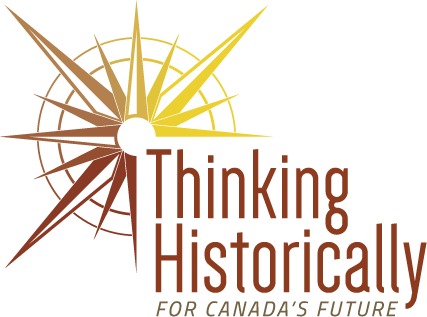A “wicked problem”: Rethinking history education in the Anthropocene.
Abstract
To demonstrate how the history classroom could become an important site for addressing climate change, this article describes the piloting of three lessons. Our qualitative case study occurred in an elective environmental education course with teacher candidates who participated in the lessons and were invited to provide feedback. We describe the lessons and their development, and share results from surveys and an interview. Participants identified several educational benefits and expressed feeling better prepared to teach both history and critical thinking in general. Our findings suggest that these lessons may serve as useful examples for developing new resources to support educators in teaching climate change alongside critical and historical thinking.
Presenters
McGregor, Heather E.
Pind, Jackson
Karn, Sara
Name of conference, organization, journal, or publisher where KMb product appears
Rethinking History: The Journal of Theory and Practice, 25(4), 1-25.
Link
https://doi.org/10.1080/13642529.2021.1992159
Publication or Presentation Date
1/1/2021
